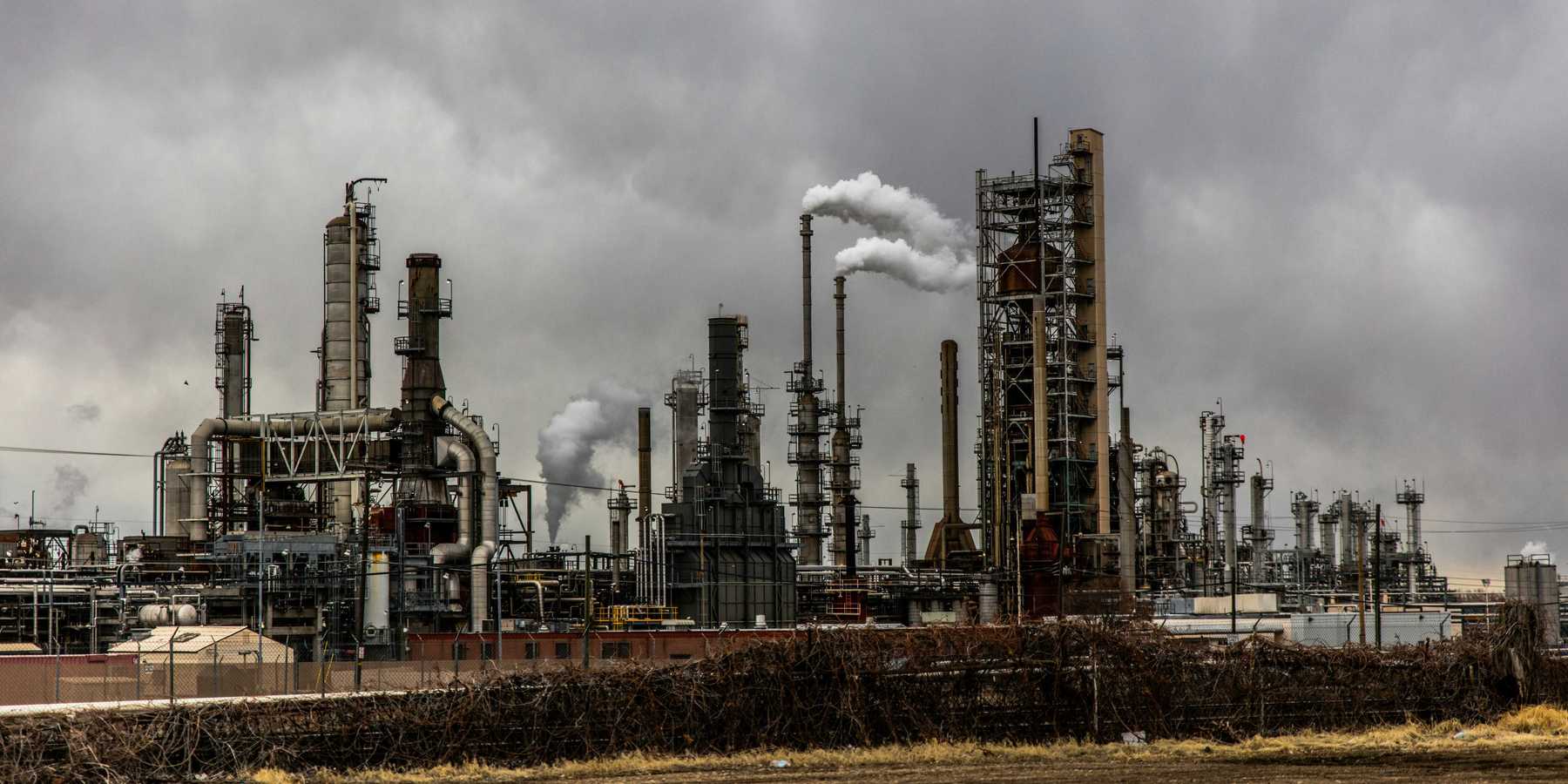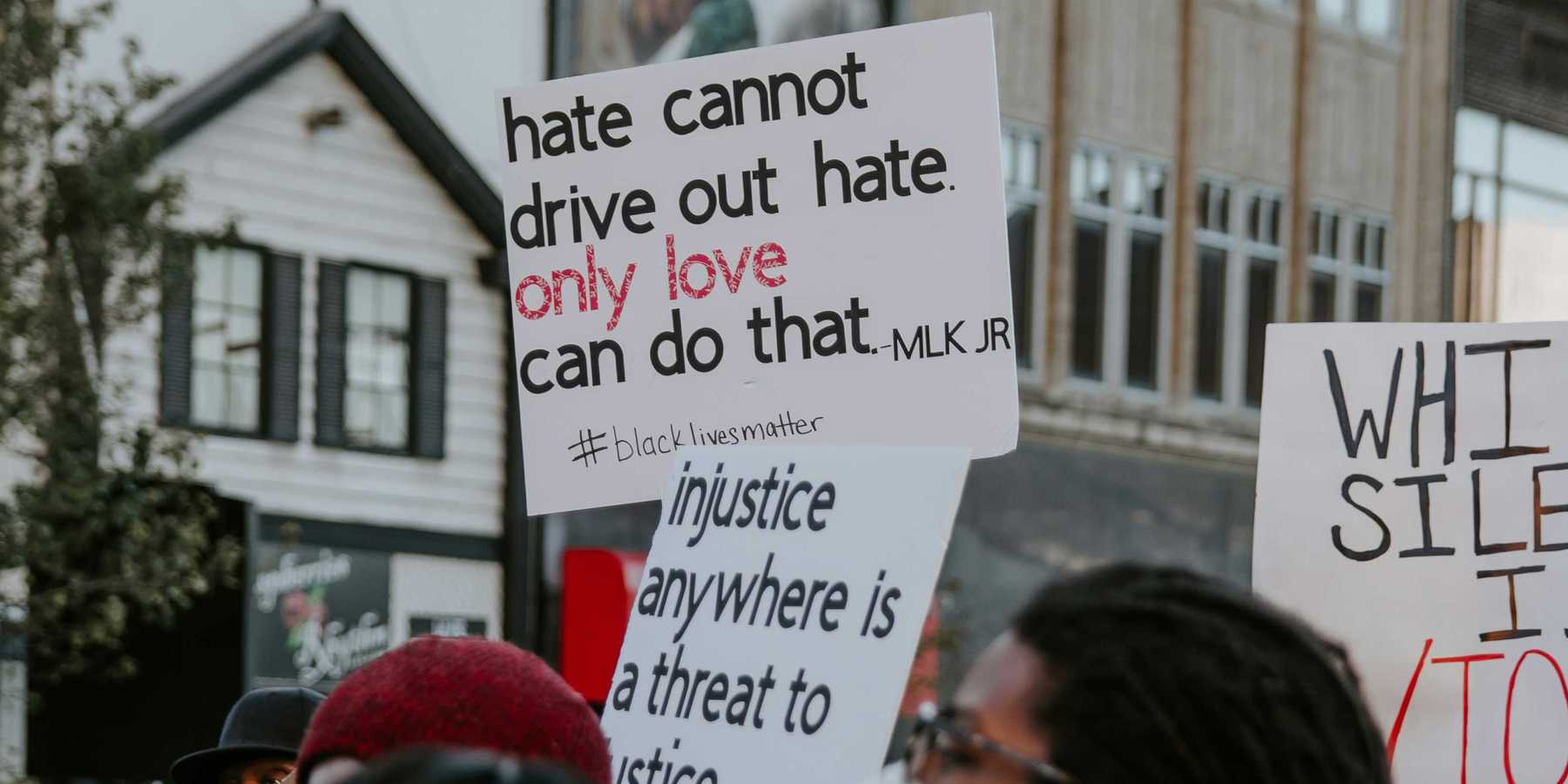Gitanyow's fight for land sovereignty aims to protect salmon and glaciers
The Gitanyow First Nation in British Columbia is asserting its sovereignty through a groundbreaking court case, hoping to gain full title over its territory to combat climate change and protect salmon habitats.
Andrew Engelson reports for The Tyee.
In short:
- The Gitanyow First Nation is seeking Aboriginal title to its 6,200-square-kilometer territory, a legal precedent that could strengthen Indigenous governance over land and natural resources.
- Climate change has disrupted salmon spawning patterns, with warming waters causing some habitats to dwindle while others temporarily thrive.
- The nation’s Indigenous Protected and Conserved Area declaration emphasizes blending traditional knowledge with modern science to safeguard ecosystems.
Key quote:
“We hope that British Columbia and Canada will come to their senses and agree we can’t blow this another time. Let’s protect it now.”
— Joel Starlund, Gitanyow executive director
Why this matters:
Salmon are more than fish here — they’re cultural keystones, food sources and symbols of resilience. But warming waters are disrupting their lifecycles, jeopardizing both biodiversity and the Gitanyow’s way of life. By reclaiming their territory, the Gitanyow aim to ensure long-term environmental and economic sustainability, setting a powerful example of Indigenous-led climate action. Read more: Protecting Indigenous children means protecting water.













